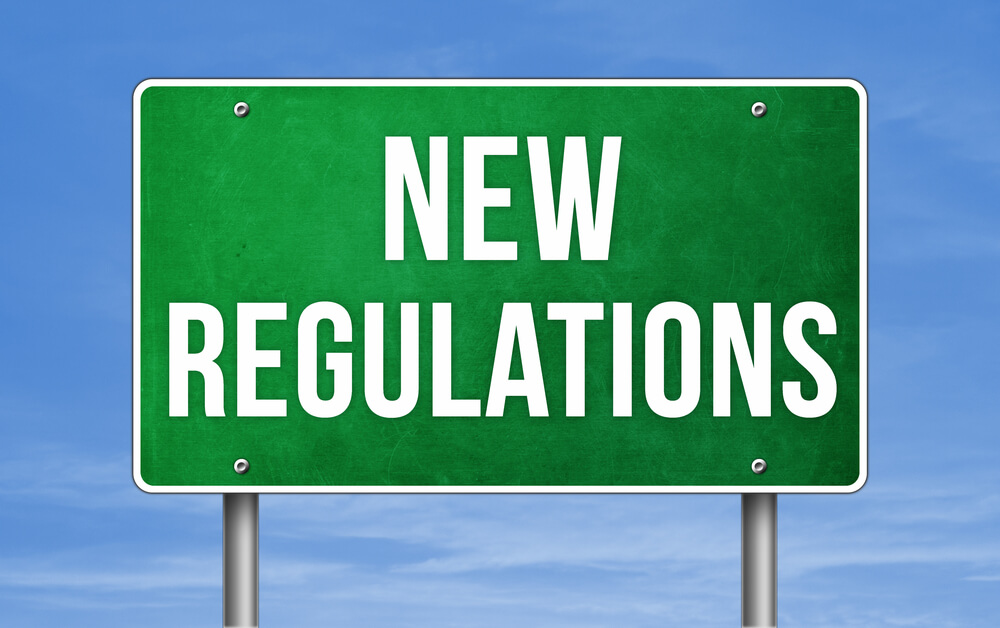If you are familiar with Waste Manifests, then you know they are the mandatory documents for the transportation of dangerous goods/hazardous materials. These manifests are not only required, but provide useful information for tracking this type of waste from beginning to end; an essential safety record for sure. Up until now they have been only in the paper form, which is tried and true, but possibly not the most efficient method anymore.
The Federal government has stepped in and enacted the “e-Manifest Act” . As of June 30, 2018, e-Manifests have taken over. The “e-Manifest Act” authorizes the EPA to implement a national electronic manifest system and required that the costs of developing and operating the new e-Manifest system be recovered from user fees charged to those who use hazardous waste manifests to track off-site shipments of their wastes.
While there is a 5-year transition period (until June 30, 2023) where people can still use the paper form of manifests, it does come at a cost. The cost for submitting a paper manifest is set at $15, while an electronic submission is only $5. Switching to electronic manifest submissions also saves you the time of having to notify the EPA and state departments, since this will now be handled for you with the new electronic system.
In addition, the new system will manage record-keeping of all the submissions for you! It has the potential to provide ease during the manifest process, while improving tracking and analysis capabilities for hazardous waste. The process is steamlined and does not appear to be that complicated for users. With this in mind the transition seems easy, accessible and worth the benefits.
The only downside is that DOT still requires a hard copy of hazmat papers during transportation, even though these manifests fulfill the hazmat shipping paper requirement. Otherwise, if there is an accident and the document needs to be used in the field, internet access would need to be reliable. Obviously we are not there just yet. So unfortunately, some paper trails are still required, but the move to paperless submissions continues!

